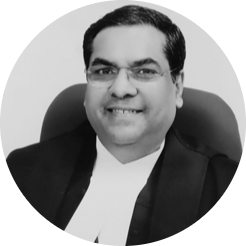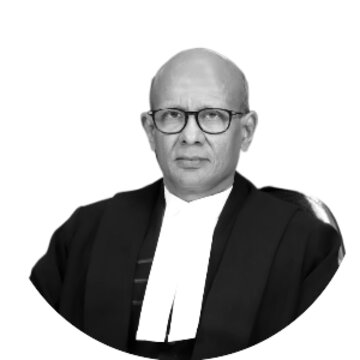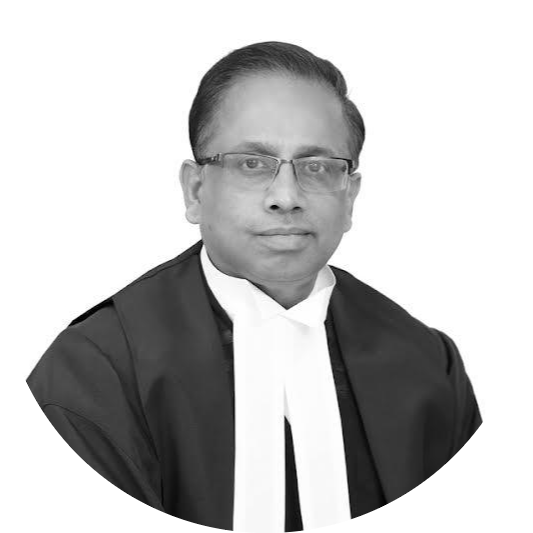Constitutionality of the Places of Worship Act
Ashwini Kumar Upadhyay v Union of India
The Supreme Court will decide the constitutionality of the Places of Worship Act, 1991, which prevents the conversion of the religious character of places of worship which they held as of 15 August 1947.
Pending
Parties
Petitioner: Ashwini Kumar Upadhyay
Lawyers: Adv Ashwani Kumar Dubey
Respondent: Union of India
Lawyers:
Case Details
Case Number: WP (C) 1246/2020
Next Hearing: February 17, 2025
Last Updated: February 17, 2025
Key Issues
Whether Sections 2, 3 and 4 of the Places of Worship Act 1991, violate Articles 14 and 15 and the guarantee of equality in the Constitution?
Whether Sections 2, 3 and 4 violate Articles 25, 26 and 29 and the basic feature of secularism in the Constitution?
Whether temples ‘destroyed by invaders’ remain temples under Hindu and Islamic personal law?
Case Description
On 18 September 1991, Parliament passed the Places of Worship Act, 1991 (the Act). The law was passed with the object of prohibiting conversion of any place of worship and to provide for the maintenance of the “religious character” of any place of worship as it existed on the 15th day of August, 1947.
The Act came under challenge when the Supreme Court was adjudicating a property dispute of the site where the Babri Masjid once stood. The mosque was vandalised and razed by a mob of Karsevaks (religious volunteers) on 6 December 1992. On 9 November 2019, a five-judge Constitution Bench unanimously awarded the title in a disputed property to the Hindu deity Shri Ram Virajman. The decision closed the files on a 450 year old dispute. In that case, the Court upheld the validity of the Places of Worship Act, 1991. It noted, “The Places of Worship Act is intrinsically related to the obligations of a secular state. It reflects the commitment of India to the equality of all religions.”
On 28 October 2020, Ashwini Kumar Upadhyay, an advocate and a former spokesperson for the Delhi unit of the Bharatiya Janata Party, filed a petition challenging the constitutional validity of Sections 2, 3 and 4 of the Act.
Section 2 of the Act defines “commencement of this Act” as commencement from 11 July 1991, “conversion” as “alterations or change of whatever nature”, and “place of worship” as temples, mosques, gurudwaras, churches, monasteries, places of worship of religious denominations or other similar places. Section 3 criminalises ‘conversion’ of a place of worship for one religion or sect into another. Section 4 declares that the character of a place of worship will be determined as it was on 15 August 1947. It also bars Courts from determining whether any place of worship has been converted after 15 August 1947. Section 5 states that the Act was not applicable on the site known as ‘Ram Janma Bhumi’ or ‘Babri Masjid’, the site which was awarded to Shri Ram Virajman in 2019.
The petition argued that the Act bars judicial review because Section 4 prevents the Courts from adjudicating in particular cases. Moreover, it pointed out that the power of judicial review is a part of the basic structure of the Constitution and cannot be taken away. They claimed that it also violated the principle of secularism. The petition implied that the Act showed preference to one religious community.
The petition contended from 1192 onwards, Muslims and the British ruled India and destroyed temples. By freezing the date in 1947, Hindus, Sikhs, Jains and Buddhists were prohibited from restoring their places of worship. This violates the rights to equality and non-discrimination under Articles 14 and 15. It also contended that the Act violates their right to life under Article 21 since the law violated the “right to justice, right to judicial remedy” and “right to dignity”. The petition stated that the law violates the right to religious freedoms recognised under Articles 25, 26 and 29.
Citing Hindu laws, the petitioner argued that destroyed temples are still temples in the eyes of law as deities are ‘eternal’ and they do not lose their ownership over land once their idols are destroyed. Islamic laws require a waqf to acquire a mosque. Destruction of temples does not create a waqf and is not a valid mosque in Islamic law.
On 12 March 2021, a Division Bench led by the then CJI Ranjan Gogoi issued notice in the matter.
In May 2022, during a hearing on allowing survey of the Gyanvapi Masjid in Varanasi, Justice D.Y. Chandrachud noted that ascertaining the “religious character” of a place of worship was not barred by the Act. Therefore, while the “religious character” of a place of worship can be determined, it cannot be converted.
In November 2024, deadly violence erupted in Sambhal after a district court ordered a survey of the Shahi Jama Masjid located there. Shortly after, another district court issued notice in a civil suit claiming the existence of a Hindu temple under the dargah of Sufi saint Moinuddin Chishti in Ajmer.
On 6 December 2024, after a district court directed registration of a suit disputing the existence of a Hindu temple under the Atala Mosque in Jaunpur, the mosque committee challenged the same in Allahabad High Court.
On 7 December 2024, CJI Sanjiv Khanna formed a Special Bench, consisting of Justices P.V. Sanjay Kumar and K.V. Viswanathan to hear the petition. The challenge was listed to be heard on 12 December 2024.
Subsequently multiple intervention applications were filed by retired bureaucrats, Members of Parliament Thol Thirumavalavan and Manoj Kumar Jha, the Indian Union of Muslim League, management committee of Shahi Masjid Eidgah in Mathura, and the All India Lawyer’s Union, among others, in favour of upholding, and seeking enforcement of the Act.
On 12 December 2024, the Special Bench stayed registration of any further suits demanding surveys of places of worship until the next date of hearing. It provided four weeks to the Union to file a counter-affidavit and appointed nodal counsels in the case.



